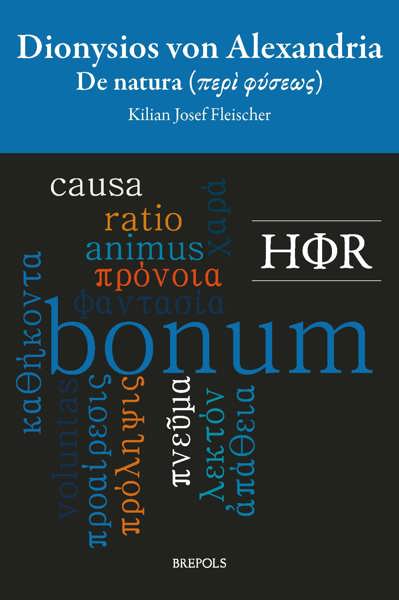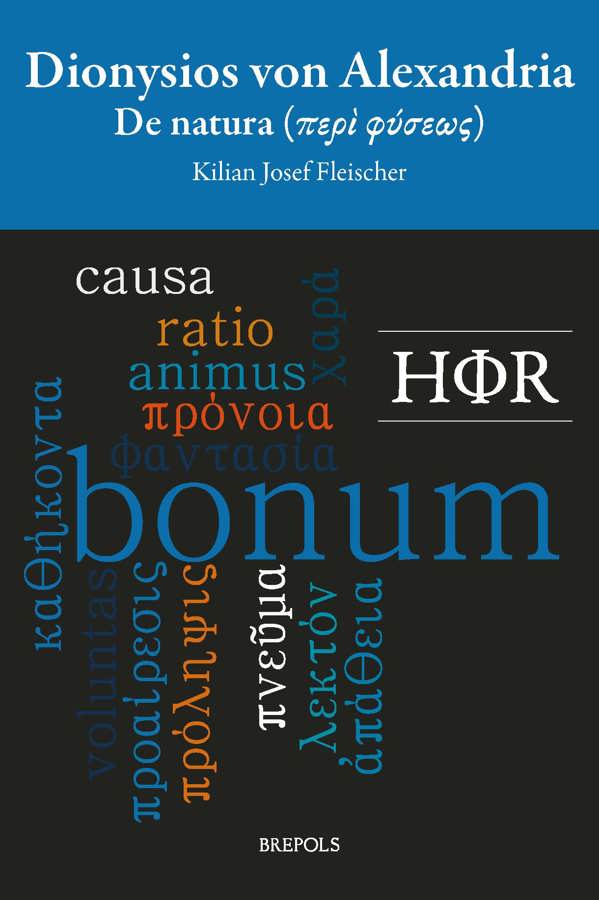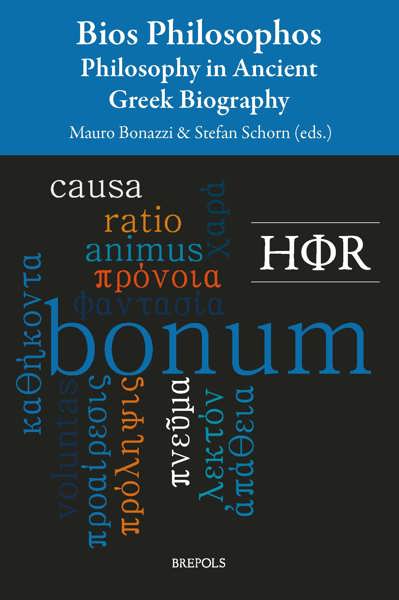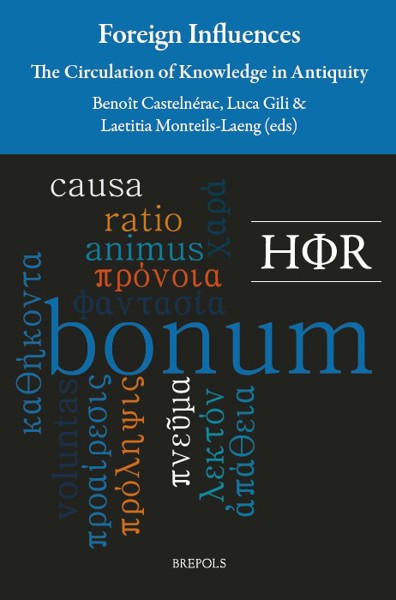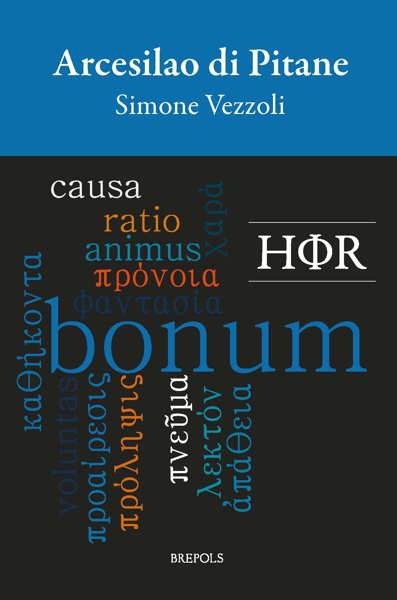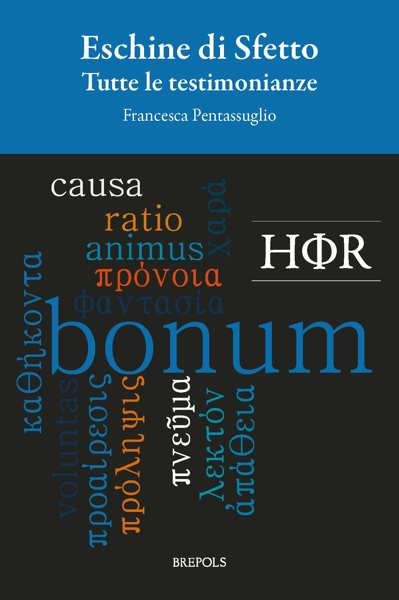
Dionysios von Alexandria
Dionysios von Alexandria, De natura (περὶ φύσεως): Übersetzung, Kommentar und Würdigung
Mit einer Einleitung zur Geschichte des Epikureismus in Alexandria
Kilian Josef Fleischer
- Pages: 513 p.
- Size:156 x 234 mm
- Language(s):German, Greek, Latin
- Publication Year:2016
- € 120,00 EXCL. VAT RETAIL PRICE
- ISBN: 978-2-503-56638-2
- Paperback
- Available
“To sum up, this book is a milestone in the research concerning Dionysius of Alexandria, his DN, the Christian reception of Greek philosophy and the history of Epicureanism. It covers a wide range of historical, philosophical, theological, papyrological, philological and literary topics, which are analysed with acumen and a multi-disciplinary approach. (…) In conclusion, F.’s study is of great utility to both scholars of ancient philosophy with an interest in Epicureanism and specialists in patristics, who may especially profit from the chapters on Clement of Alexandria and Origen. This fairly priced book should not be missing from any classical, philosophical or theological library.” (Graziano Ranocchia, in GNOMON, 91/6, 2019, p. 504)
“O trabalho de Fleischer apresenta um texto raramente abordado, mas essencial para o entendimento do epicurismo da época greco-romana. O autor oferece um panorama integral e sistemático do lugar e da importância da filosofia de Epicuro na vida inteletual de Alexandria. Περὶ φύσεως aumenta o nosso conhecimento sobre o tipo de confronto que prevalecia entre a nascente igrega cristã e o atomismo epicurista.” (Rainer Guggenberger, in Humanitas, 75, 2020, p. 166)
Kilian Josef Fleischer, geb. 1985 in Fulda, hat an der Universität Würzburg ein Doppelstudium in Betriebswirtschaftslehre (Diplom) sowie in Latein und Griechisch (Staatsexamen) absolviert. Ebendort promovierte er im Jahr 2015 am Lehrstuhl für Gräzistik. In Oxford ging er für ein Jahr papyrologischen Studien nach und forschte mehrere Monate an der University of Notre Dame (US). Er ist gegenwärtig als Research Assistant in Papyrologie an der Universität Oxford tätig. Schwerpunkte seiner Arbeiten sind (Herkulanische) Papyrologie, Epikureismus, hellenistische Philosophie und frühchristliche Literatur.
Bischof Dionysios von Alexandria (etwa 190-265) war für die Geschichte der Kirche von überragender Bedeutung. Wie sein Lehrer Origenes fungierte auch er als Leiter der sogenannten Alexandriner Katechetenschule. Unter seinen literarischen Hinterlassenschaften, überwiegend Briefe, findet sich die aus mehreren Büchern bestehende Schrift περὶ φύσεως (de natura).
Dieses einzig bekannte philosophische Werk des Dionysios ist uns im Wesentlichen durch Auszüge aus dem ersten Buch bei Eusebius überliefert. Das Erhaltene stellt eine Polemik gegen die epikureische Physik dar. Dionysios verteidigt die Vorsehung, indem er Epikurs Atomismus anhand von Alltagsbeispielen, der Harmonie des Kosmos und des menschlichen Körpers zu destruieren sucht und die Defizite seiner Gottesvorstellung aufzeigt. Der Abhandlung gebührt ein besonderer Platz unter den Erzeugnissen der christlichen Literatur, insofern nur hier die physikalischen Grundlagen von Epikurs Philosophie unter Einbezug christlicher Elemente in einem größeren Rahmen widerlegt werden.
Ein neuer Kommentar zu περὶ φύσεως des Dionysios bildet die Grundlage für eine umfassende Würdigung und Einordnung, wobei insbesondere eine Neuentdeckung zur Repräsentativität des Erhaltenen die Frage nach dem Charakter der Gesamtschrift virulent werden lässt. Da die anti-epikureischen Einlassungen in περὶ φύσεως auf eine zu Dionysios‘ Zeit noch vorhandene Vitalität des Epikureismus in Alexandria hindeuten, wurde zur breiteren Kontextualisierung auch erstmalig eine profunde Gesamtdarstellung der `Geschichte des Epikureismus in Alexandria´ unternommen und einleitend vorangestellt.
